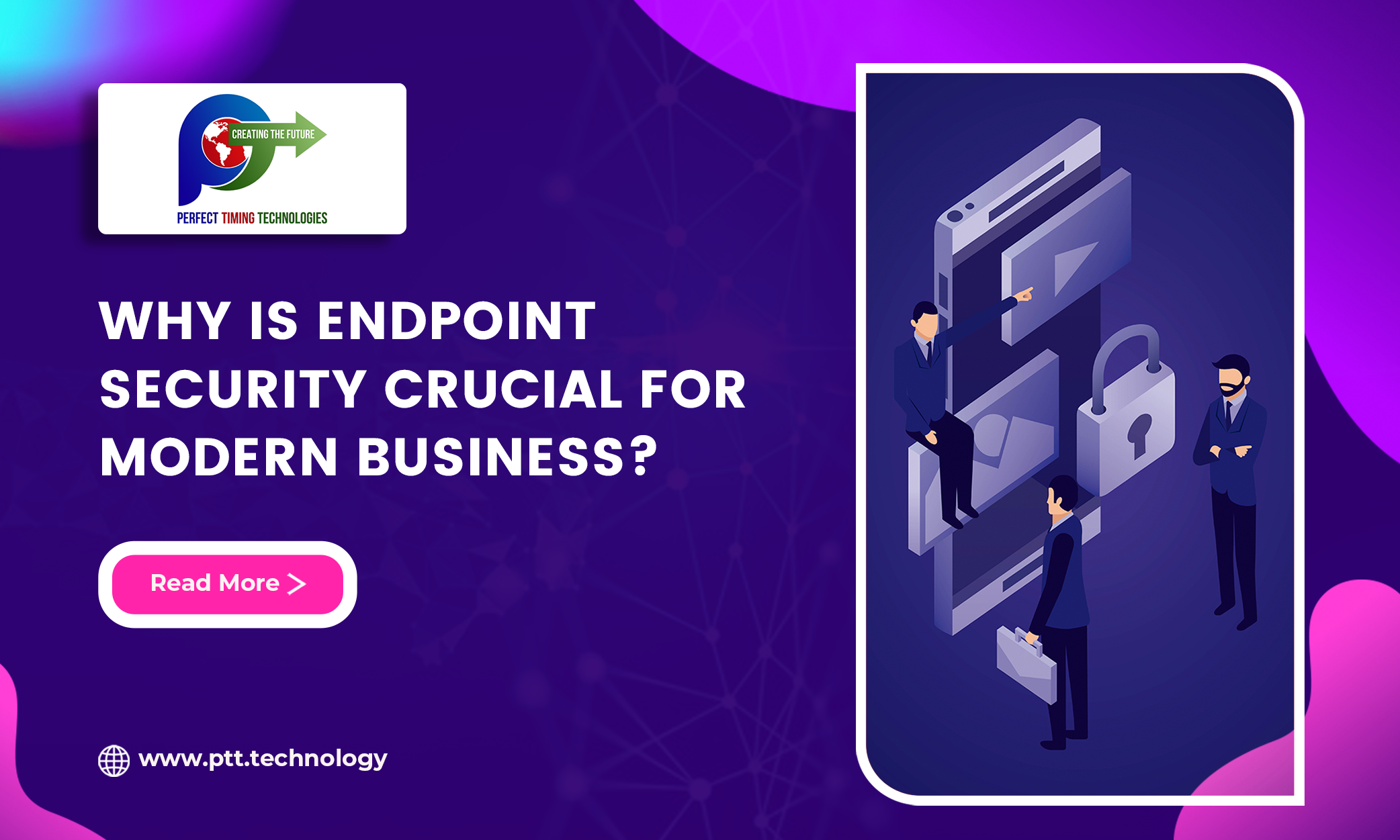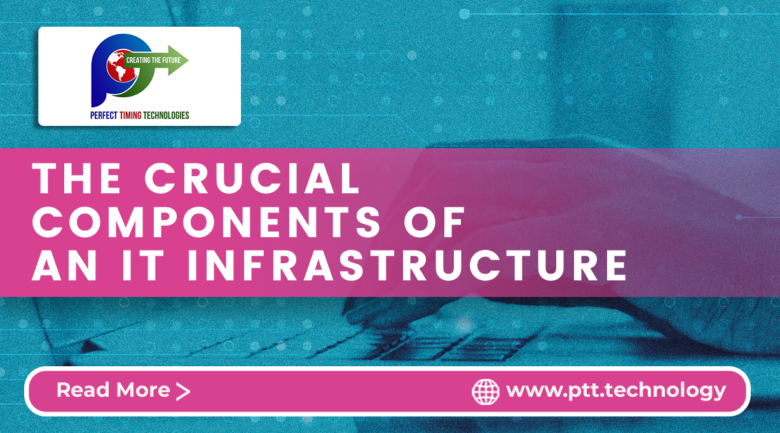
In today’s world moving towards digitalization, businesses are making digital transformation rapidly. It has become the need of the hour for traditional and new business organizations to be digitally advanced to stay in the current competitive world. Due to this shift, modern companies rely on numerous networks of devices, thereby making cybersecurity a key concern for businesses today.
In recent years, the use of endpoint devices by businesses has increased manifold. As a result, the risk of cyber threats also grows against business firms and their critical data and information.
Today, we shall talk about endpoint security and its significance in the modern business landscape.
What is Endpoint Security?
Endpoint security is defined as a practice of securing end-user devices such as computers, laptops, mobile devices, and servers from various cyber threats and unauthorized access. The term “endpoint” refers to the individual devices that connect to a network, and endpoint security focuses on protecting these devices from potential security risks.
Key Elements of Endpoint Security
Endpoint security involves a combination of hardware and software technologies that work together to safeguard endpoints and the data they access.
Some of the elements of endpoint security are briefly described below-
1. Antivirus and Antimalware Protection: Endpoint security solutions typically include antivirus and antimalware software to detect and remove malicious software, such as viruses, worms, and trojans.
2.Firewalls: Businesses implement firewalls to monitor and control incoming and outgoing network traffic based on predetermined security rules. They help prevent unauthorized access and protect against network-based attacks.
3.Endpoint Detection and Response (EDR): EDR solutions monitor and analyze endpoint activities taken out by business organizations for signs of suspicious behaviour or potential security incidents. They provide real-time threat detection and response capabilities to operational teams.
4.Data Encryption: Encrypting sensitive business data on endpoints ensures that even if a device is compromised, the data remains secure. It is useful for organizations that have devices that may be lost or stolen.
5.Patch Management: Keeping operating systems and software up-to-date with the latest security patches is crucial for businesses addressing vulnerabilities and minimizing the risk of exploitation.
6.Device Control: Managing and controlling access to external devices like USB drives, external hard drives, etc, helps prevent data leakage and the introduction of malicious software.
7.Application Control: Restricting several applications or ensuring that only approved applications are used on endpoints helps reduce the attack surface.
8.Mobile Device Management: For mobile devices, MDM solutions help manage and secure devices by enforcing policies, controlling access, and remotely wiping data if a device is lost or stolen.
How is Endpoint Security Beneficial for Businesses?
Endpoint security is a crucial component of a business’s cybersecurity strategy, particularly as cyber threats evolve in complexity and sophistication. Organizations that invest in endpoint security systems enjoy several benefits.
- Endpoint security aims to protect organizations against various attack vectors, including malware, phishing, and ransomware, among many others.
- Endpoint security also ensures the confidentiality, integrity, and availability of sensitive data on individual devices such as laptops, desktops, and mobile phones.
- Implementing endpoint security solutions can provide businesses with several benefits, including preventing cyber attacks from spreading across the network, reducing the risk of costly data breaches and downtime, and ensuring compliance with various regulations and standards, such as GDPR, HIPAA, and PCI DSS.
- Additionally, endpoint security solutions offer better visibility into device activity, enabling businesses to monitor and manage security policies, updates, and patches more effectively. In return, it helps to improve productivity, reduce IT costs, and enhance overall cybersecurity posture.
Conclusion
Endpoint security is a critical component of an organization’s overall cybersecurity strategy, especially as the number of endpoints and the complexity of cyber threats continue to increase. It is an essential aspect of a comprehensive cybersecurity strategy, and businesses that prioritize it can enjoy significant benefits, including enhanced security, improved compliance, and better device management.
Business owners need to understand the significance of robust security systems to ensure secure business future and growth along with a protected customer base.
Talk to us today and find the best cybersecurity solution for your business.







